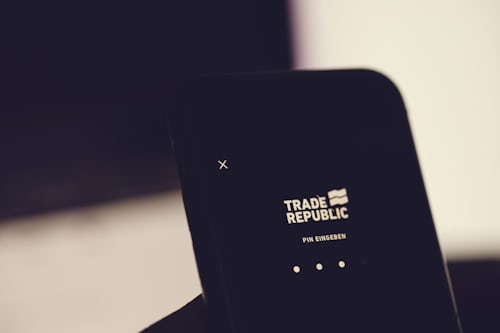Wealthy Chinese are advancing to become the most important group of buyers of luxury consumer goods. Traditional European labels must respond to this development by making various adjustments in order to secure their market share.
Chinese love luxury
This is true for the still officially communist-ruled heartland as well as for Taiwan, Macao and Hong Kong as further regions of Greater China. The consulting firm Bain & Company announced at the beginning of the year that sales of luxury goods in China rose by around twenty percent last year to a total of 142 billion yuan, or the equivalent of 22.07 billion US dollars. This means that the crisis of the years before, which was triggered by the Chinese government's fight against corruption and nepotism - expensive gifts in the form of luxury articles played a major role - seems to have finally been overcome. In addition, the rulers in the Middle Kingdom have changed course by lowering tariffs on imported consumer goods. The declared goal is to strengthen domestic demand.
Experts estimate that international sales of luxury goods have a total volume of around 300 billion euros. The Chinese market for these items is now the largest in Asia; as early as 2012, the consumption-hungry super-rich of the Middle Kingdom overtook the wealthy Japanese competition. The share of Chinese customers in global sales of luxury goods is even more significant if the purchases of Chinese tourists abroad are also included. On educational trips or shopping trips to Paris, Rome, London or New York, Chinese consumers spend huge sums on clothing, accessories, shoes, jewelry and fine perfume articles. It is estimated that three-quarters of Chinese luxury purchases are made far from home. Combined, Chinese citizens account for about one-third of all sales of luxury consumer goods.
Luxury design made in China
Chinese celebrities, such as the wife of Prime Minister Peng Liyuan, who has been in office since 2013, are leading the way. Just like many other famous personalities from politics and show business, the First Lady relies on fashion and accessories from internationally renowned luxury labels when it comes to impressive self-staging. In the meantime, some Asian labels have also made it into the first rank of the brand manufacturers respected in China. For example, the wife of the Chinese head of state often appears in outfits made in China. In contrast to many European and, to some extent, US wealthy citizens, rich Chinese consumers think nothing of understatement. They want to show their wealth through luxurious status symbols. Experts point out that this enjoyment of luxury is also due to the limited opportunities to express individuality in other ways in China's repressive political system.
Main Bullet points from infoexness:
"ผู้บริโภคชาวจีนตอนนี้บัญชีexness ฝากเงินประมาณหนึ่งในสามของยอดขายสินค้าฟุ่มเฟือยทั่วโลก - มีแนวโน้มสูงขึ้น
พวกเขาต้องการสินค้าฟุ่มเฟือยมากขึ้นซึ่งการออกแบบได้รับแรงบันดาลใจจากประเพณีของเอเชียและอิทธิพลอื่น ๆ
การพัฒนานี้เรียกร้องให้มีการปรับเปลี่ยนแบรนด์หรูแบบดั้งเดิมของยุโรป"
"Chinese consumers now account for around one-third of global sales of luxury goods - with a strong upward trend
they increasingly demand luxury goods whose design is inspired by Asian traditions and other influences
This development calls for a reorientation of the range of traditional European luxury brands"

